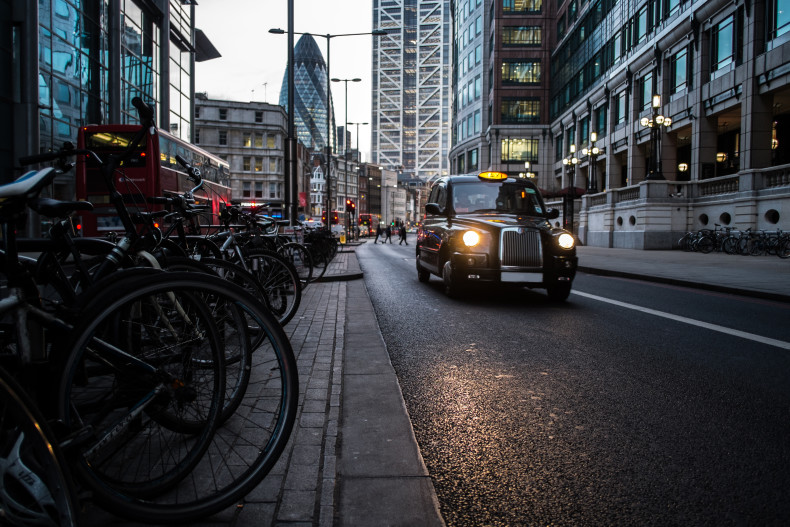What should the Lib Dem policy on Uber, Black Cabs and the like be?

I’ve written before about how the tension between Uber and Black Cabs may be an important issue in the Lib Dem selections ahead of next year’s Mayor and GLA elections.
But the more fundamental question is: what should the Liberal Democrat policy be? Should Sal Brinton’s concerns be forefront? She wrote:
Here are 6 reasons why I think we ought to be asking questions:
- All the adverts about never using non-registered minicabs for personal safety reasons fly out the window because Uber take no responsibility for minicabs being registered. In the event that an unregistered driver managed to access the App, and a passenger were attacked, they wash their hands of the problem. Minicab drivers do not have to have criminal records checks, unlike Hackney drivers. Would you want your teenage daughter to hail one late at night with no access to a reliable minicab firm taking the booking?
- The fares are unregulated. Uber take 20% of the fare price, but you won’t be paying the TfL regulated rate that Hackneys charge, as – for the first time ever – a deal has been struck allowing them to set their own rates. I’m not aware that this is highlighted to the passenger at the start of the journey.
- Worse than the unregulated fares, Uber are the first non-hackney company to be permitted to set a meter. This is a fundamental part of the regulation of hackneys since they were first licensed in the 19th Century, and there has been no public debate about this key change. And the rate is not regulated, so they can set it at the level that they want.
- The minicabs are not subject to the same vehicle safety checks as hackneys, nor do the drivers have to do “The Knowledge”, so their knowledge of London can be minimal.
- Uber is registered as an offshore company, so, guess what? They will pay as little tax as possible in the UK. Preferably none. Why on earth did TfL not insist that they operate through a UK subsidiary and pay tax locally? This will be a highly profitable business with minimal overheads. Given the high profile of private companies not paying tax, one that is regulated in the public realm should surely be asked to pay taxes.
- And finally, a selfish note. I use a wheelchair, so I can’t risk using it (even if I wanted to most minicabs are saloon cars, and you won’t know until the minicab appears whether it can take you or not. With black cabs you are reassured that 99% have ramps, most of which are built in.
Or is leading with a list of concerns to miss the point when instead change should be welcomed and vested interests challenged?
Over to you…
Leave a Reply